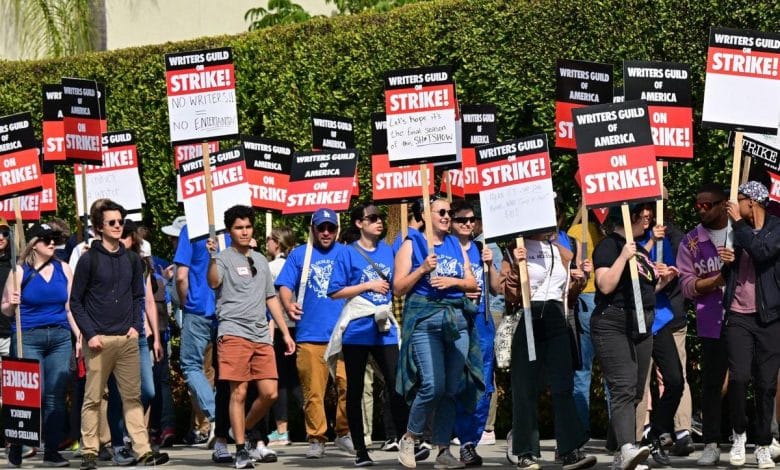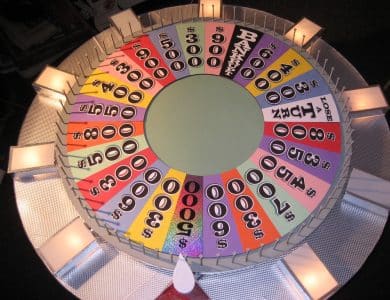
WGA Strike: One Year Later, Writers Face a Different Sort of Crisis
¡Hola, familia! Today, we’re diving into a story that’s been on everyone’s lips in the world of entertainment. Exactly a year ago today, the Writers Guild of America (WGA) made headlines with a bold strike, proclaiming a major crisis triggered by the meteoric rise of streaming services. ¡Qué locura! But let’s chat about what’s happened since then and navigate the twisting roads this journey has taken.
Por supuesto, the strike rocked the boat, and after nearly cinco months of standoffs and negotiations, the WGA nailed down a victory, bagging most of their hefty demands. Thanks to their perseverance, the script of writers’ lives got a hopeful rewrite. But as it turns out, the world of TV and film writing isn’t just about popping the champagne yet. Just when the boom seemed endless, aquí viene la contraction (here comes the downturn), making it tougher than ever for our talented writers to bag gigs.
According to Justin Halpern, miembro of the WGA board and co-showrunner of the much-loved “Abbott Elementary,” things in showbiz are a bit tricky lately. There’s less things being made,” he notes, revealing a somewhat una escena gris (a grey scene) for many writers out there who now face the music of finding fewer opportunities to showcase their magia de palabra (magic of words).
Before the WGA waved their picket signs, the production situation was already taking a siesta, with SAG-AFTRA joining the fray shortly after. Even now, as wheels start to turn again, the echo of those quiet months still lingers, as shown by the latest data from FilmLA indicating that production levels haven’t fully bounced back to their pre-strike glory.
So, what exactly were our amados writers striking for? Bueno, apart from seeking plumper paychecks, especially for the novices climbing the ladder, there were shouts for deeper structural changes — think about the fundamental ways TV is crafted and how pens are paid. And ya sabes, these cambios are beginning to sprout.
Take Sierra Ornelas, for example, the co-creator of “Rutherford Falls,” who’s thrilled about the new horizon. Before, the less experienced staff writers, though buzzing with ideas and pulling long hours, didn’t see extra pesos for their scripts. Ahora, under the new contract, they get the same sweet $29,823 for a 30-minute episode, or $43,862 for an hour-long episode, just like the seasoned pros.
But there’s más, mis amigos! A new twinkling star in this contract is the higher weekly pay for writers at the co-producer level, seeing a 15% jump to $8,524. Plus, every member of a writing team now enjoys full pension and health contributions, and screenwriters making less than double the guild minimum are guaranteed a rewrite.
Yet, while we celebrate today’s victories, keep in mind that some of these structural changes will need tiempo to fully unfold and show their true colors. And, as the realm of streaming is ever-evolving, there’s always going to be a new challenge around the corner. For instance, with new rules against the setup of ‘mini rooms’, some showrunners might opt to fly solo more often, avoiding the costs of a full team.
As we wrap up, it’s exciting yet uncertain what the next chapter holds for our script magicians. But it’s clear the WGA is arm-in-arm, ready to march towards 2026 with a vision for an even richer script. The plot? A new residual system that could make a dreamy payday a reality depending on how muchos ojos (many eyes) watch a show.
For now, let’s wait and watch with our palomitas ready, as this drama unfolds, promising more twists and turns in the vibrant mundo of our storytellers.




